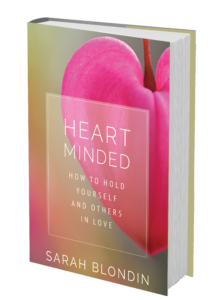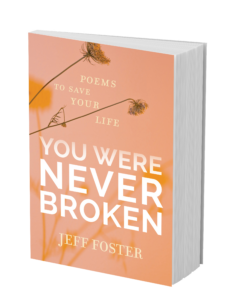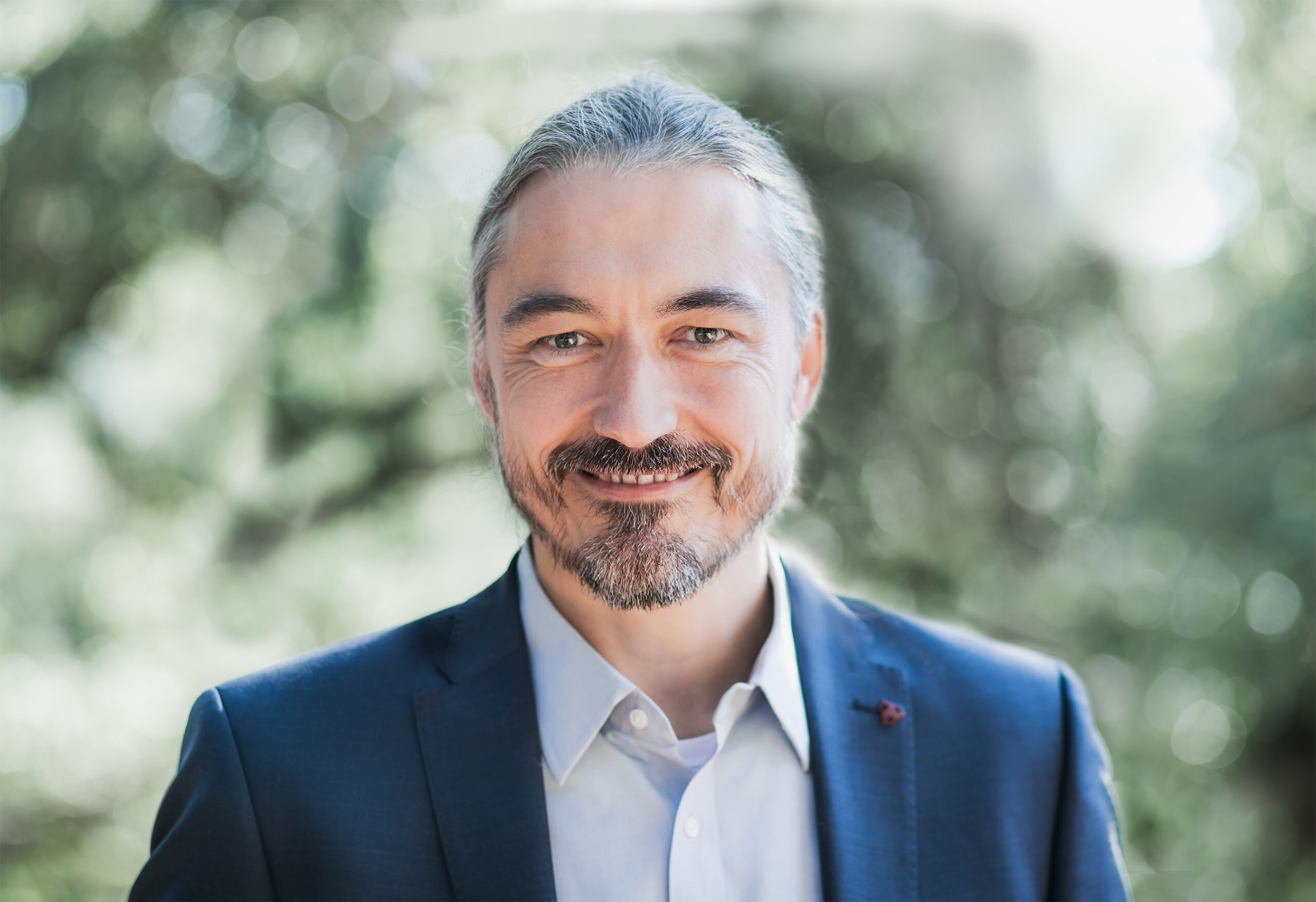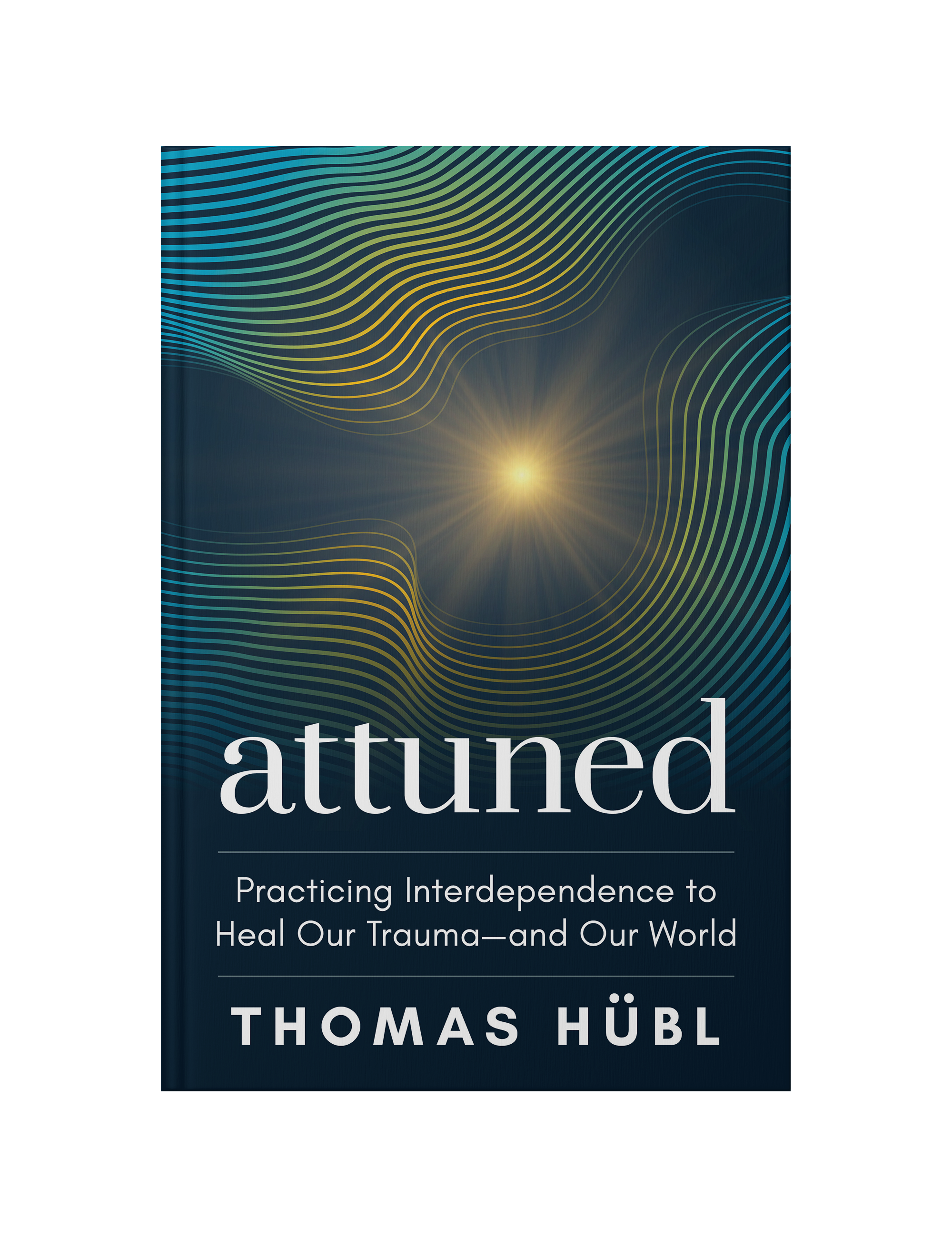Jack Kornfield and Tara Brach: Big Insights: The Power...
Jack Kornfield and Tara Brach are two of the leading authorities on mindfulness and meditation in the West. Jack is the bestselling author and teacher widely credited with combining mindfulness with modern western psychology. Tara has been teaching meditation for more than four decades and is the author of Radical Acceptance and True Refuge. In this special edition of Insights at the Edge originally recorded in 2015, Tami Simon sits down with both Jack and Tara to discuss the big insights that form the foundation of mindfulness practice. They speak on the concept of awareness itself and how to distinguish “awareness” from “thinking.” Tara and Jack share some of the everyday benefits of a meditation practice, including personal clarity and more conscious relationships. Finally, Jack, Tara, and Tami have a frank conversation on how awareness training could affect the state of the world. (60 minutes)


 Sarah Blondin
Sarah Blondin 

 Jeff Foster
Jeff Foster




